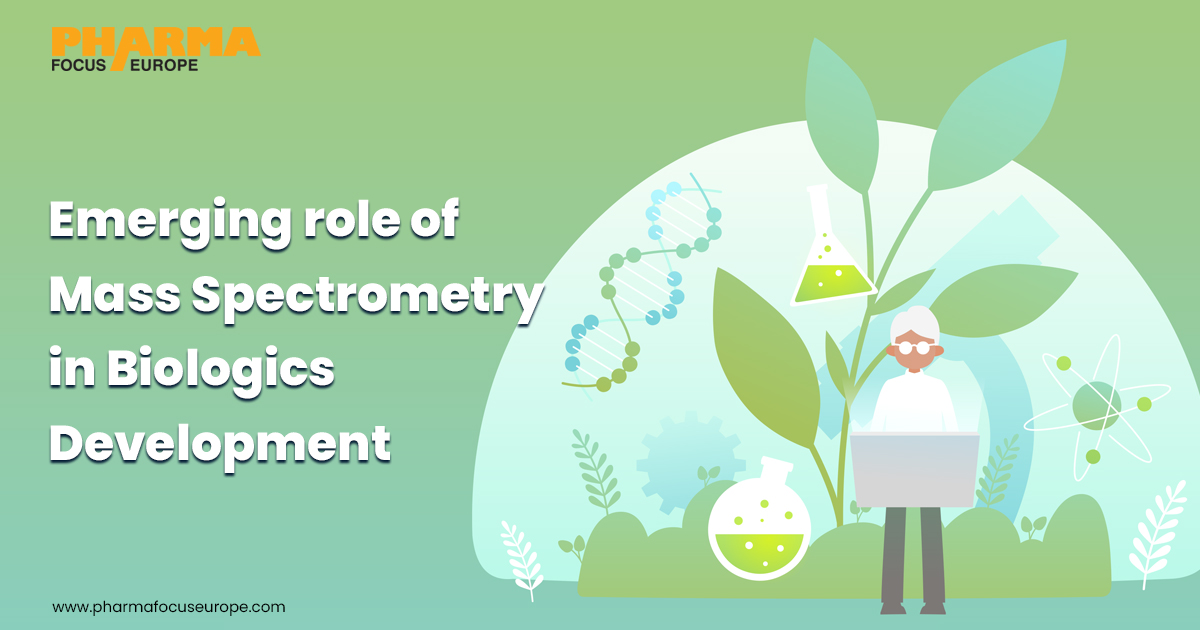 Real Blogger Outreach – Powerful Links. Zero Spam.
Real Blogger Outreach – Powerful Links. Zero Spam.
Drug Repurposing Unlocking New Therapeutic Possibilities
Written by divyaochre » Updated on: June 17th, 2025

Welcome to today’s panel discussion on “Drug Repurposing: Unlocking New Therapeutic Possibilities.” We are delighted to have two experts in the field: Adekemi Taylor, vice president of quantitative science services at Certara, and Joab Williamson, director of clinical operations at Faron Pharmaceuticals.Happy Reading!
Q1. How do you address the main challenges faced in the drug repurposing process?
Joab Williamson: One of the biggest hurdles in drug repurposing is convincing people—whether they’re investors, partners, or even physicians—that a drug with a previous life (and possibly a few bumps along the way) deserves a second chance. This can be tackled by passionately communicating the potential of the repurposed drug, backed by solid science, and ensuring everyone is on board from the get-go. On the legal side, the maze of patents and regulations should be followed with meticulous planning, making sure there are no unexpected roadblocks.
AI's POV: “Drug repurposing faces several challenges, including identifying new therapeutic uses for existing drugs, ensuring efficacy and safety in novel applications, and navigating regulatory hurdles. Researchers often struggle with limited data on off-label uses and must address the complexities of adapting existing treatments to new conditions. Additionally, securing funding and demonstrating commercial viability can hinder progress, despite the potential for significant benefits and cost savings in drug development.”
Q2. Can you share an example of a successful drug repurposing project and its impact?
Adekemi Taylor: Ketamine is a drug repurposing success story. The FDA approved it in 1970 as an intravenous anesthetic. Ketamine is a racemic mixture of R- and S-enantiomers. Esketamine, ketamine’s S-enantiomer, has a higher affinity than R-ketamine for the NMDA receptor, which is involved in the etiology of depression.
In 2019, the FDA approved intranasal esketamine to be used with an oral antidepressant for treatment-resistant depression. Esketamine represents a much-needed treatment option for an underserved condition. Research on esketamine’s mechanism of action is also expanding our understanding of depression.
Q3. What regulatory hurdles have you encountered in drug repurposing, and how have you navigated them?
Joab Williamson: Regulatory challenges can sometimes feel like threading a needle, especially when you’re repurposing a drug that didn’t hit the mark in its original use. It can be expected that the key to navigating this is early and open dialogue with regulators. By clearly outlining why this time is different and how the new indication stands on its own merits, potential hurdles can be turned into manageable steps. And of course, it is crucial to keep a close eye on the patent situation to ensure smooth sailing.
AI's POV: “Regulatory hurdles in drug repurposing often include proving the new use is both safe and effective, which can require additional clinical trials and data. Navigating these challenges involves rigorous research to meet regulatory standards, engaging with regulatory agencies early to understand requirements, and potentially working with specialized consultants. Clear documentation and robust clinical evidence are crucial for securing approvals and ensuring the repurposed drug meets all safety and efficacy standards.”
Q4. How do you see drug repurposing evolving in the future, and what factors will drive this evolution?
Adekemi Taylor: In the past, drug repurposing largely relied on serendipitous identification of new indications. The most famous example is sildenafil citrate (Viagra), which was originally developed for treating angina.
The availability of high throughput screening methods and increasingly powerful high-performance computing, as well as the accumulation of -omics data and knowledge about pathways and networks, will facilitate identifying more new indications for existing drugs.
Learn more: https://www.pharmafocusamerica.com/research-development/drug-repurposing-unlocking-new-therapeutic-possibilities
Note: IndiBlogHub features both user-submitted and editorial content. We do not verify third-party contributions. Read our Disclaimer and Privacy Policyfor details.
Copyright © 2019-2025 IndiBlogHub.com. All rights reserved. Hosted on DigitalOcean for fast, reliable performance.

















